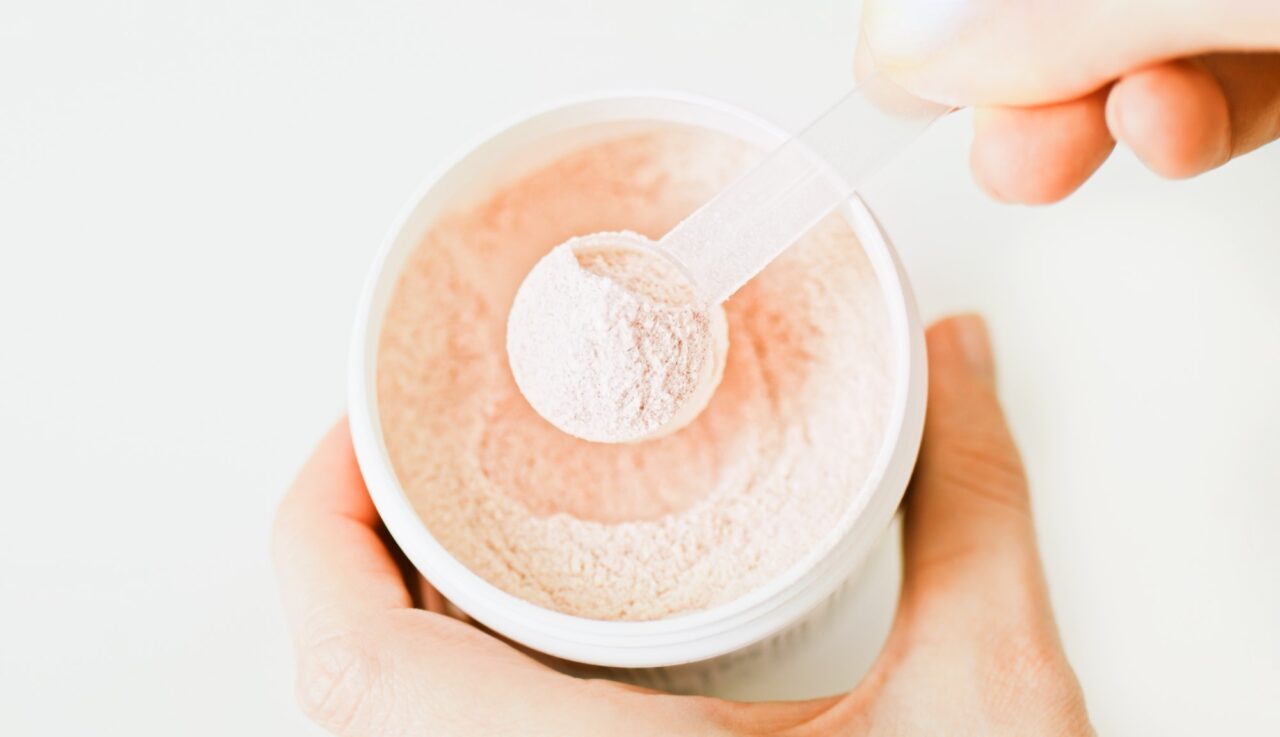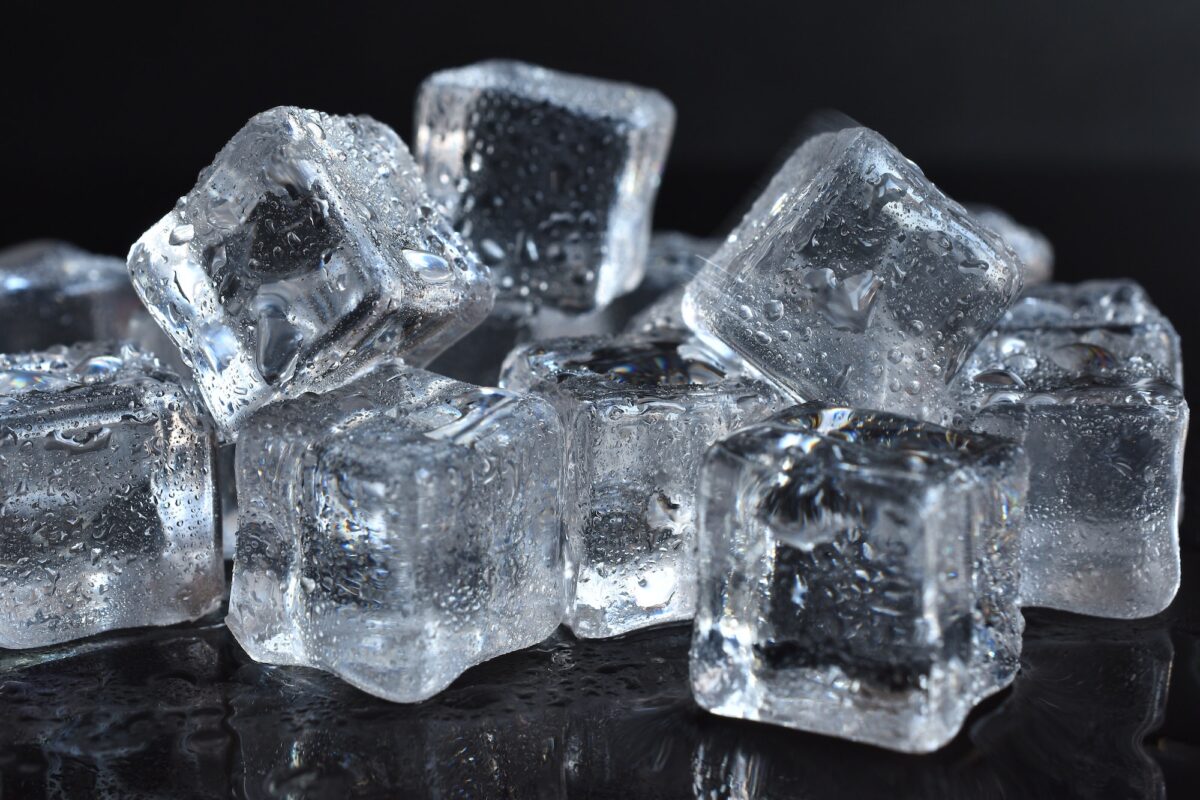Mass gainers have become a popular supplement for individuals seeking to build muscle and gain weight. While these products promise significant gains, they are not without their potential side effects. In this blog, we will explore the pros and cons of mass gainers and shed light on the side effects you should be aware of before incorporating them into your fitness journey.
What Are Mass Gainers? Understanding the Basics
Before diving into the side effects, let’s grasp the fundamentals of mass gainers. These supplements are specially formulated to provide a high-calorie and high-protein intake, typically combined with carbohydrates, fats, vitamins, and minerals. They aim to boost muscle growth, enhance recovery, and support weight gain for those with difficulty gaining mass through regular diet alone.

The Pros: Benefits of Mass Gainers
- Caloric Surplus: Mass gainers offer a convenient way to achieve a caloric surplus, essential for muscle growth and weight gain.
- Macronutrient Balance: They provide an ideal ratio of protein, carbohydrates, and fats, making it easier to meet daily nutritional requirements.
- Time-Efficient: Preparing and consuming a mass gainer shake is quick and convenient, especially for individuals with busy schedules.
The Cons: Potential Side Effects
- Digestive Issues: Some users may experience bloating, gas, or gastrointestinal discomfort due to the high calorie and nutrient density.
- Unwanted Weight Gain: Mass gainers can help build muscle but can also lead to unintended fat gain if not used appropriately.
- Increased Body Fat: Excessive caloric intake, even from healthy sources, can lead to increased body fat if not balanced with regular exercise.
- Insulin Sensitivity: Mass gainers with high sugar content may impact insulin sensitivity, potentially affecting blood sugar levels.
- Kidney Stress: The high protein content in mass gainers can put a strain on the kidneys, especially for those with pre-existing kidney conditions.
What Do Mass Gainers Contain: Unraveling the Ingredients
Mass gainers are designed to provide a high-calorie and high-protein intake to support muscle growth and weight gain. The key components of mass gainers typically include:
- Protein: High-quality protein sources such as whey protein concentrate, whey protein isolate, casein, or a blend of proteins are common in mass gainers. Protein is essential for muscle repair and growth.
- Carbohydrates: Mass gainers contain complex carbohydrates like maltodextrin or oats, providing a substantial caloric boost for energy and muscle glycogen replenishment.
- Fats: Healthy fats from sources like MCT oil, flaxseed, or coconut oil may be present to contribute to the overall calorie content.
- Vitamins and Minerals: Mass gainers often include added vitamins and minerals to support overall health and fill potential nutrient gaps in the diet.
- Creatine: Some mass gainers may contain creatine monohydrate, known for its role in enhancing strength and performance during high-intensity workouts.
Mass Gainer vs. Whey Protein: Understanding the Differences
Mass gainers and whey protein serve different purposes:
- Mass Gainers: Primarily aimed at individuals looking to gain weight and muscle mass, mass gainers provide a higher caloric intake with a blend of macronutrients. They are suitable for those with increased caloric needs and who have difficulty meeting their daily intake through regular meals alone.
- Whey Protein: Whey protein supplements, on the other hand, focus solely on providing high-quality protein. They are beneficial for muscle recovery, supporting lean muscle mass, and assisting in post-workout protein synthesis. Whey protein is a popular option for individuals seeking to increase protein intake without significant additional calories.
How Mass Gainers Work: The Mechanism Behind the Gains
The effectiveness of mass gainers lies in their ability to create a caloric surplus. When you consume more calories than your body burns, the excess energy is stored as muscle glycogen and, potentially, body fat. Mass gainers support muscle growth by providing the necessary building blocks, primarily protein, for muscle repair and hypertrophy.
Individuals engaged in intense training or those with fast metabolism may find it challenging to consume sufficient calories solely through whole foods. Mass gainers offer a convenient and efficient way to meet their caloric and nutritional requirements.
However, it’s important to note that mass gainers are not a magic solution for muscle gain. Proper exercise, a balanced diet, and adequate rest are equally crucial components of achieving your fitness goals.
In essence, mass gainers contain a blend of protein, carbohydrates, fats, and added nutrients to support muscle growth and weight gain. They serve a specific purpose for those seeking to increase calorie intake for muscle building. However, they should be used in moderation and in conjunction with a well-rounded diet and exercise routine to maximize their benefits and avoid potential side effects.
Individual Reactions: Listen to Your Body
The impact of mass gainers can vary significantly from person to person. It’s essential to pay attention to how your body responds and adjust the dosage or type of supplement accordingly. Consulting a healthcare professional or a registered dietitian before using mass gainers is recommended, especially if you have any health concerns.
Tips for Safe Consumption
- Follow Serving Size: Stick to the recommended serving size to avoid excessive caloric intake and potential side effects.
- Whole Food Alternatives: Incorporate nutrient-dense whole foods into your diet to supplement your nutrition alongside the mass gainer.
- Regular Exercise: Engage in strength training and exercise to ensure that the calories from mass gainers are used for muscle development.
Choosing the Right Mass Gainer
- When selecting a mass gainer, consider the following factors:
- Quality Ingredients: Opt for products with high-quality protein sources, complex carbohydrates, and minimal artificial additives.
- Sugar Content: Choose mass gainers with lower sugar content to reduce the risk of insulin-related side effects.
- Protein Type: Look for mass gainers that contain a blend of fast and slow-digesting proteins for sustained muscle nourishment.
Conclusion: Educated Choices for Your Fitness Journey
When used wisely, mass gainers can be effective tools for muscle building and weight gain. Understanding the potential side effects empowers you to make informed decisions and tailor your supplement usage to your specific needs and goals. Remember, no supplement can replace a well-rounded diet and a consistent exercise routine. Strike a balance, listen to your body, and seek professional guidance to ensure a safe and effective fitness journey.
Frequently Asked Questions
A1. While mass gainers can be beneficial for muscle growth and weight gain, they may come with potential side effects. Some users may experience digestive issues such as bloating or gas due to the high-calorie content and nutrient density. Additionally, excessive caloric intake from mass gainers can lead to unintended fat gain, especially if not balanced with exercise. It’s crucial to be mindful of portion sizes and choose mass gainers with quality ingredients to minimize side effects.
A2. Mass gainers can be safe when used as directed and in moderation. However, like any supplement, they are not without potential risks. Individuals with pre-existing kidney conditions should exercise caution, as the high protein content in mass gainers may put a strain on the kidneys. It’s essential to consult a healthcare professional or a registered dietitian before incorporating mass gainers into your diet, especially if you have any health concerns.
A3. Consuming a mass gainer every day is possible, but it’s essential to do so with caution and in accordance with your specific fitness goals. If your goal is to gain muscle mass and weight, a mass gainer can be a convenient addition to your diet. However, daily consumption may not be suitable for those seeking to manage their weight or with specific health conditions. Moderation is key, and it’s crucial to consider the overall nutrient intake from your diet and adjust the frequency of mass gainer usage accordingly.
Always prioritize a well-rounded diet, exercise routine, and seek professional guidance to make informed decisions about using mass gainers for your individual fitness journey.






